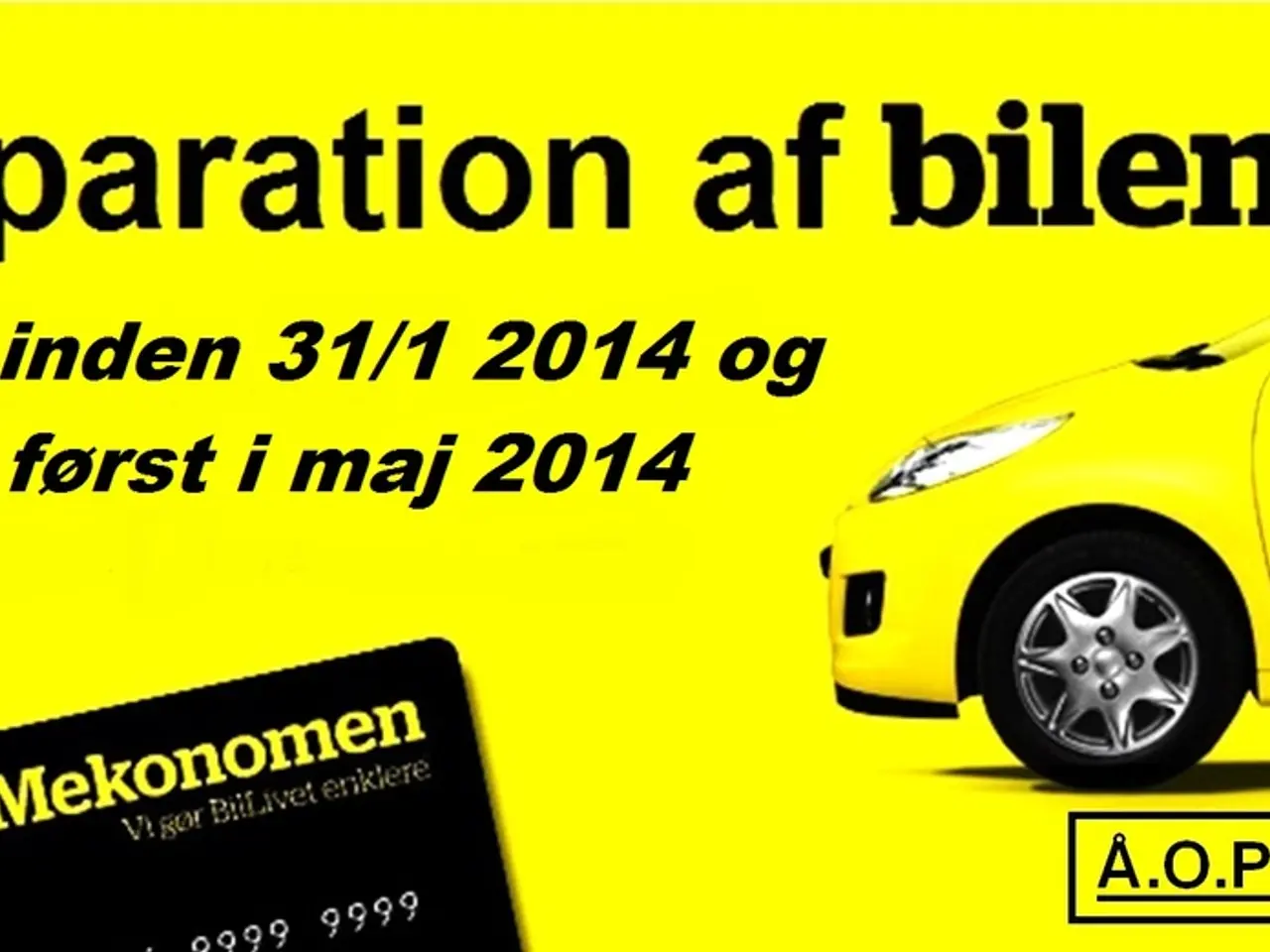Seven entities express eagerness to acquire Rheinmetall's automotive sector
Rheinmetall, a prominent German defense conglomerate, is actively seeking buyers for its civilian businesses, including its Power Systems division, as the company focuses on its profitable and booming defense business. This strategic move follows increasing global military spending and strong growth in the defense segment, which accounted for 80% of group sales in 2024.
The Power Systems division, traditionally heavily focused on internal combustion engine technology, has been struggling in the first quarter, with sales falling by around seven percent to 505 million euros and operating profit shrinking by 70.4 percent to 9 million euros. These declines are attributed to challenges such as delayed EV adoption and EU emissions regulations.
CEO Armin Papperger emphasized the importance of secure jobs for the company's employees in any potential sale, stating that they will only sell if there is a reasonable offer that ensures a secure future for their employees. He did not specify what constitutes a "reasonable offer."
Seven potential buyers have shown interest in acquiring Rheinmetall's civilian businesses, but the company has been tight-lipped about the identities of these buyers. One of the interested parties is financial investor One Equity Partners (OEP).
This potential consolidation could achieve economies of scale and cost savings, aligning with broader industrial shifts within Germany and Europe. Defense manufacturers and automotive firms are increasingly interacting, as evidenced by Rheinmetall's agreement with automotive giant Continental for retraining workers from automotive to defense sectors.
Such consolidations might promote resilience and speed in defense procurement, while potentially reshaping the automotive parts industry as factories and workforce skills pivot toward military production.
Possible implications for consolidation in the automotive parts industry include acceleration of industrial rebalancing from civilian automotive parts to defense manufacturing, increased demand for collaboration and partnerships between defense and automotive suppliers, disposal of non-core automotive-related units by companies like Rheinmetall, and workforce and facility conversions that may lead to consolidation of suppliers and a narrowing of market participants in traditional automotive parts.
In conclusion, Rheinmetall's active search for buyers for its civilian businesses amidst its defense-focused reorganization signals both strategic divestiture and contributes to the ongoing consolidation and realignment trends within the automotive parts industry, driven by evolving geopolitical and economic factors.
In light of Rheinmetall's strategy to focus on defense business, the company's policy for community engagement could involve vocational training programs to prepare employees from the Power Systems division for potential shifts in the industry, given the increased interest from defense manufacturers and financial investors. This transition, if successful, could potentially bring cost savings and contribute to the scalability of businesses in the defense and finance sectors.






